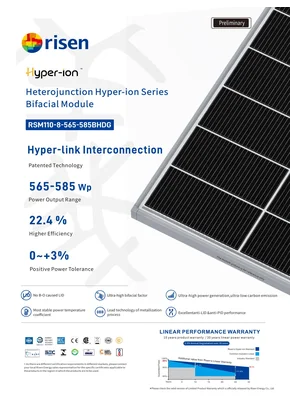Νέα


International Project Aims to Enhance Energy Efficiency
The ENERGENIUS project, led from Murcia, aims to create an ecosystem that drives energy transition efficiently. Involving 17 international partners, it focuses on improving the energy efficiency of European homes and businesses. The project, funded by the EU, will be implemented in ten pilot sites across Europe, with full deployment in Spain. It includes developing digital tools and AI recommendations to optimize energy consumption, ensuring privacy and security.

Avramar and Quantica Lead Spanish Aquaculture in Energy Transition
Avramar, the largest Mediterranean producer of sea bass, gilthead bream, and meagre, has partnered with Quantica, a leading solar engineering company, to install three solar generation systems. These systems will allow Avramar to self-supply over 20% of its energy needs, reducing CO2 emissions by 462 tons annually, equivalent to reforesting with 2,897 trees over 25 years. The initiative promotes sustainable practices in the fishing and aquaculture industry, aligning with the EU's goal of achieving climate neutrality in these sectors by 2050.

Enertis Applus+ Launches First Mobile Photovoltaic Lab in Australia
Enertis Applus+, a global consulting firm, has launched its first mobile photovoltaic lab in Australia. This lab performs specialized tests on solar modules directly at installation sites, minimizing risks and downtime. The lab has conducted tests at Beryl and Gunsynd solar plants. It is equipped for flash tests and electroluminescence tests, ensuring high-quality performance of solar modules. The company aims to support the growth of renewable energy in Australia.


Basque Consortium Works on Efficiency and Safety for Future Large-Scale Hydrogen Plants
The HYNNOVA project, led by BOSLAN part of Accenture and involving 11 other Basque companies, aims to develop advanced technological solutions for the modular design and efficient, safe management of large-scale renewable hydrogen production plants. The project focuses on improving the competitiveness of renewable hydrogen and reducing its Levelized Cost of Hydrogen (LCOH) through enhanced modularity, operational flexibility, and process optimization. Key areas of research include new solutions for hydrogen generation, compression, and storage, both at low and high pressure. The project is funded by the Basque Government and the European Regional Development Fund (ERDF).




